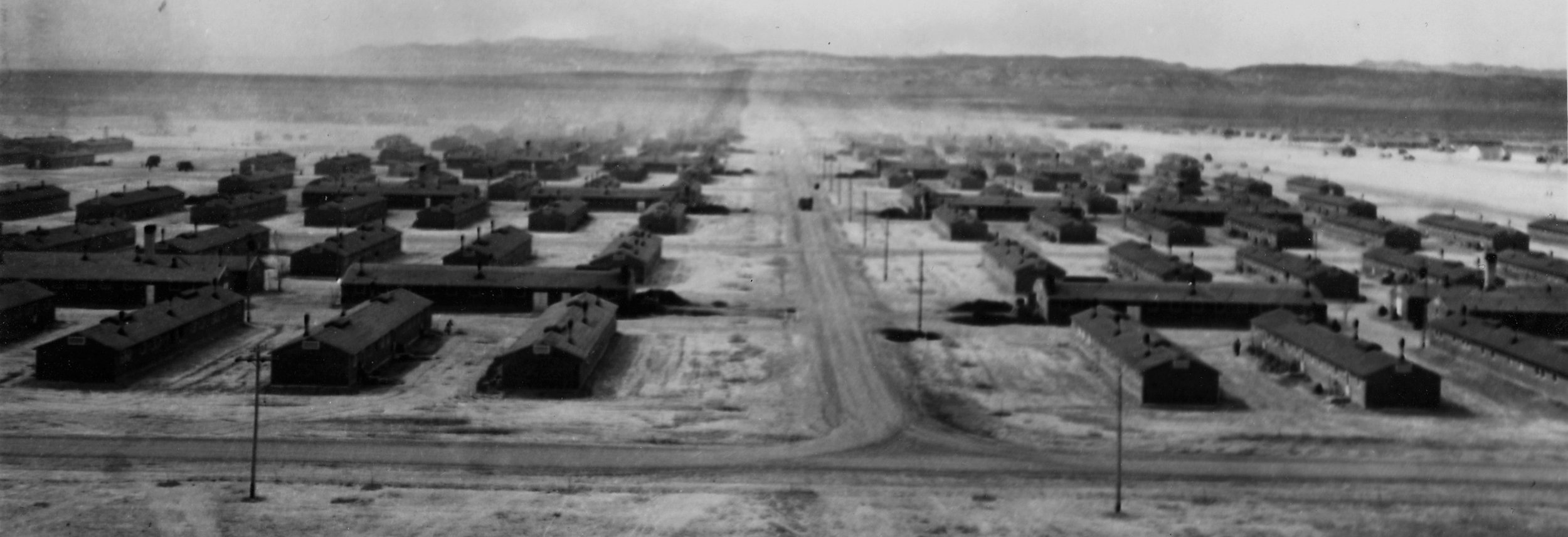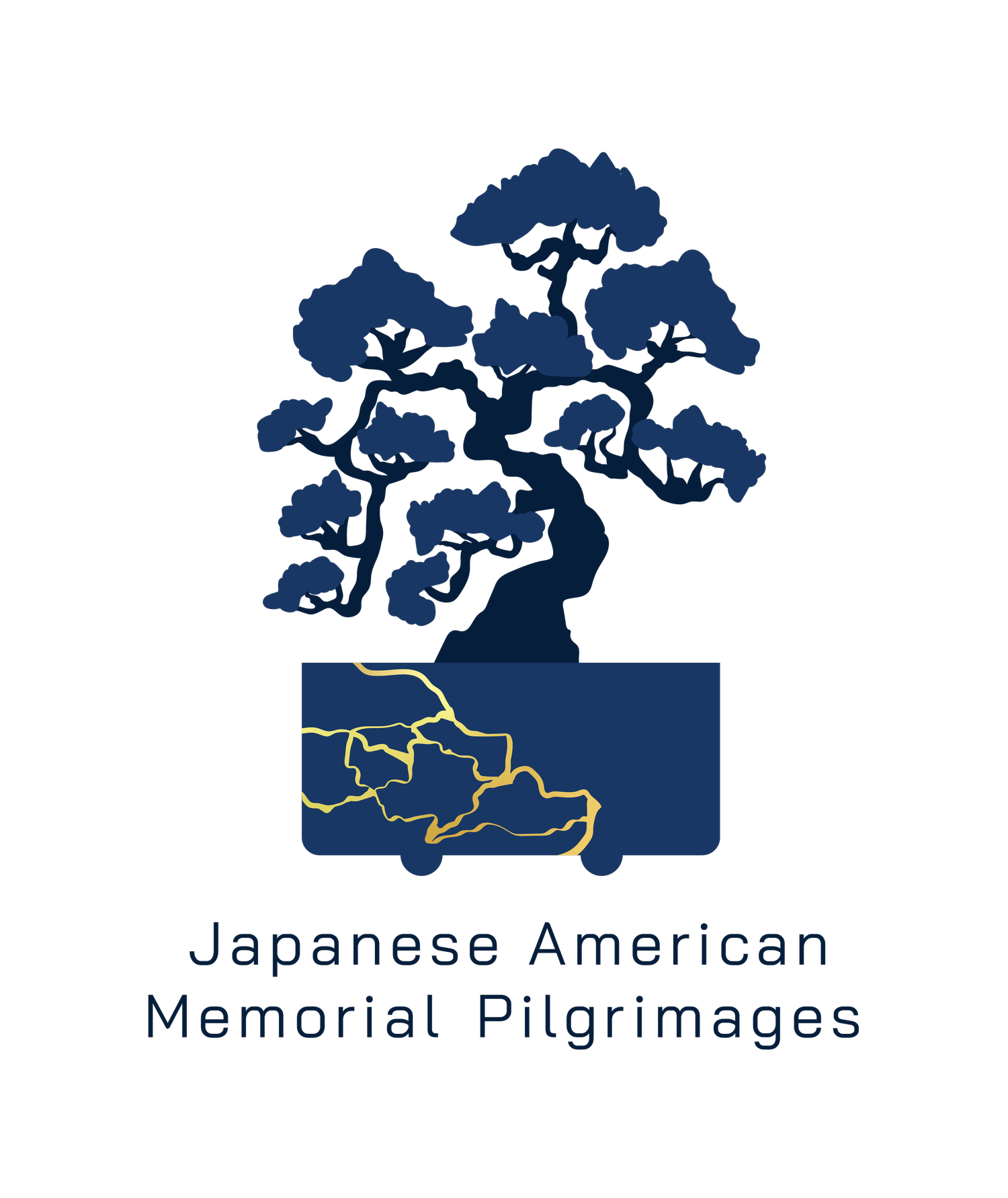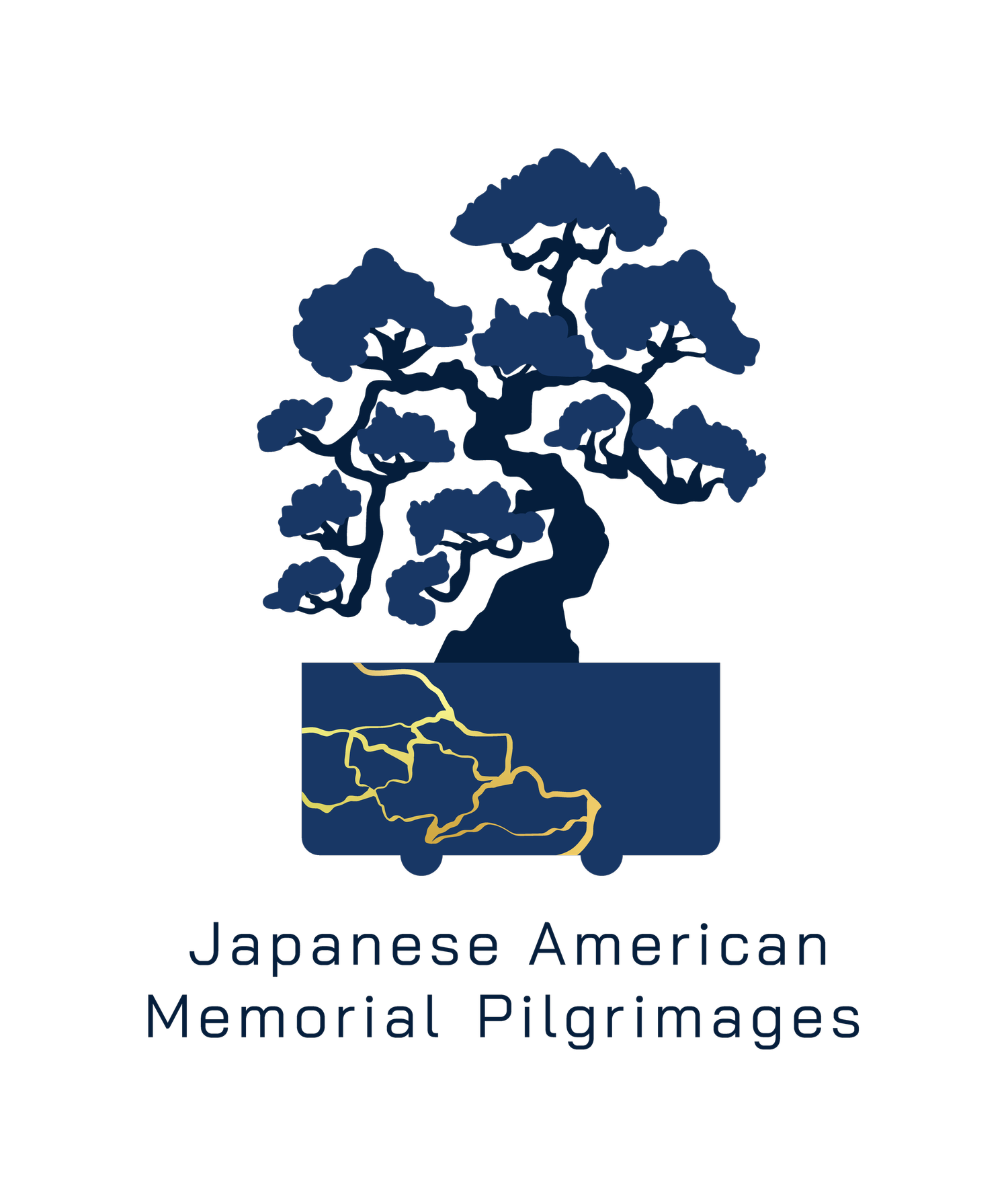
COMMEMORATING THE 80TH ANNIVERSARY OF THE OPENING OF TOPAZ
September 8 - 10, 2022
Thursday, Septemeber 8, 2022
Topaz
Dir. Ken Verdoia | 58 min | 1987
Topaz is the story of the thousands of San Francisco Bay Area Japanese who were separated from their property, livelihoods, and constitutional rights, and shipped to a windswept stretch of Utah's roughest rangeland. There, for more than three years, these men, women and children were forced to call row after row of tarpaper barracks "home." This was Topaz, a war relocation camp near Delta, Utah, which overnight became the fifth largest city in the state.
The internees, surrounded by barbed wire and armed sentries, were never formally charged with a crime, and were never granted a trial. They were simply uprooted from their homes and shipped off in blacked-out trains. It was feared that, though most were American citizens, they would none-the-less be more likely to serve the Emperor of Japan than the cause of freedom in the United States. No evidence was ever presented to sustain the rumors of pending sabotage or disloyalty, but 'military necessity' became the foundation for one of the darkest wholesale actions against an ethnic minority in American history.
Topaz examines Utah's unique role in the relocation program, and explores the atmosphere in Utah during this period. Through archival film and photographs, many never before broadcast, and through interviews with surviving internees and Utah camp workers, the years of imprisonment are brought to life from Utah's perspective. Topaz also provides deeply personal insights into the ironies of war relocation: the struggle of camp residents to find normality in their lives in the desert; what it meant to pledge allegiance to the flag of a country that considered you a subversive because of your ancestry; the pain of citizens trying to understand a democracy that apparently didn't apply to them; the loss suffered by parents whose sons died in Nisei battalions (American military units made up of Japanese American soldiers) while the parents remained housed behind barbed wire.
CHILDREN OF THE CAMPS
Dir. Satsuki Ina | 57 min | 1999
Children of the Camps is a one-hour documentary that portrays the poignant stories of six Japanese Americans who were incarcerated as children in US concentration camps during W.W.II.
Through the telling of their personal stories, we witness an unfolding of the long-held trauma of their early childhood experience. The once secret and darkly shrouded private suffering becomes clearer and better understood, thus clearing the way for self-acceptance and new possibilities.
More generally, the documentary sheds light on the deeply damaging personal impact of racism and offers an opportunity for viewers to understand the consequences of growing up as a scapegoated minority group member.
Friday, September 9, 2022
WHAT REALLY HAPPENED? THE TRUE STORY OF THE WAKASA MONUMENT
This event was streamed live from JCCCNC in San Francisco. Topaz survivor, Patrick Hayashi, moderated this two hour town hall. Members of the Wakasa Memorial Committee were on-hand to answer any questions from the community about James Wakasa, the Wakasa Monument or the Wakasa Memorial Committee.
For more information on the Wakasa Monument:
Saturday, September 10, 2022
The Leupp Group: Topaz “Troublemakers”
Join Diana Tsuchida as she shares the story of how her grandfather was sent to Leupp from Topaz for being a troublemaker. Diana will moderate a discussion on the Leupp Isolation Center with historian; Art Hansen; filmmaker, Claudia Katayanagi; and anthropologist, Davina Two Bears.
Displacement: A Memory is Too Powerful a Weapon
Join author, Brandon Shimoda, as he talks with author/artist/Topaz descendant, Kiku Hughes, about Displacement.
This project was made possible with support from California Humanities, a non-profit partner of the National Endowment for the Humanities. Visit www.calhum.org.
Any views, findings, conclusions, or recommendations expressed in this program and website do not necessarily represent those of California Humanities or the National Endowment for the Humanities.




